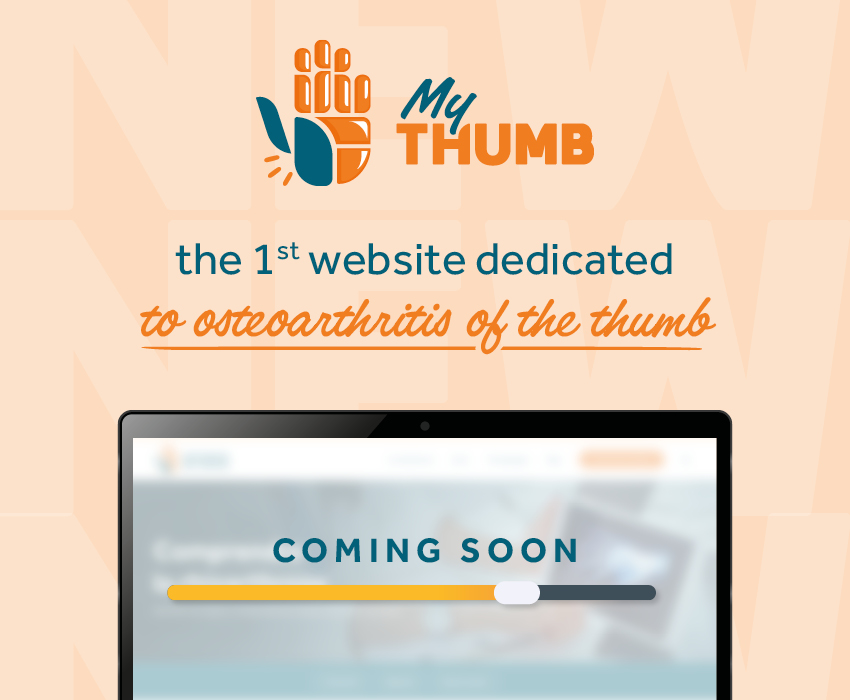Patient
Welcome to the patient area
This page provides access to all useful and regulatory documents if you have benefited from surgery with a KeriMedical implant.
Medical and regulatory information
- International implant card
This card was given to you after your surgery. It contains essential information about the implant that was placed in you (reference, batch number, date of placement, etc.).
You may be asked for it during future medical care, particularly in the event of an X-ray examination or if you travel abroad.
- Glossary of symbols
Medical devices are labeled with standardized symbols to convey important information clearly, regardless of language. This glossary helps you understand the meaning of the symbols on the map provided to you.
Documents relating to Keri Medical implants
- Summary of Safety and Clinical Performance Characteristics (SSCP)
This regulatory document provides clear and accessible information on the safety, clinical performance, and intended use of the implant that has been placed in you. It is intended to inform you about the medical device in accordance with European regulations (EU Regulation 2017/745). This document is available on the e-IFU website
- Patient Leaflet
This leaflet provides clear and accessible information about the implant, the treatment process, and post-operative recommendations. Its purpose is to help you better understand your treatment, follow your surgeon’s instructions, and promote a successful recovery.
Osteoarthritis of the thumb,
Answers for treatment!
Also known as rhizarthrosis, this cartilage wear prevents the thumb from functioning normally and causes pain and discomfort in everyday life.
The good news is that there are solutions available, ranging from medical treatments to surgical procedures, depending on how the condition progresses.

